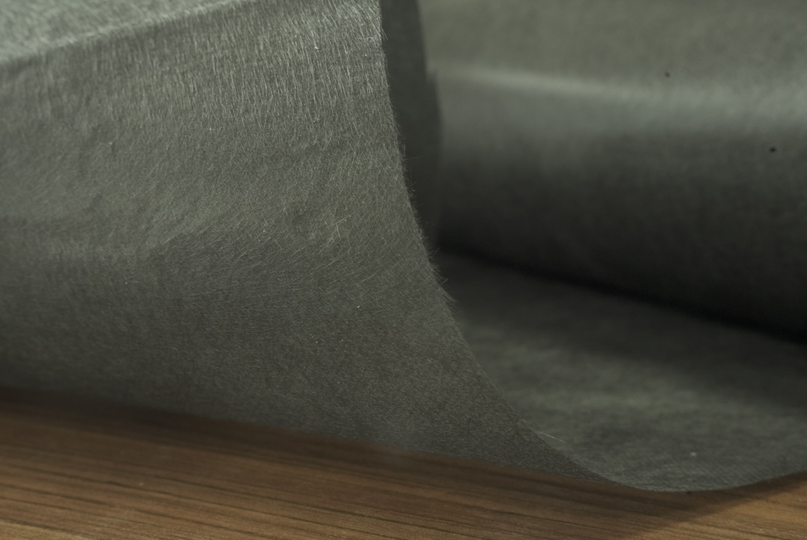The advantages of carbon fiber non-woven fabrics
Compared with traditional materials such as steel, Carbon fiber non-woven fabrics offer several advantages due to their unique properties and structure.

High Strength-to-Weight Ratio: Carbon fiber is renowned for its exceptional strength-to-weight ratio. Non-woven fabrics made from carbon fiber exhibit high tensile strength and are incredibly lightweight. This makes them ideal for applications where strength is crucial, but weight needs to be minimized, such as aerospace components, automotive parts, and sports equipment.
Stiffness and Rigidity: Carbon fiber non-woven fabrics provide excellent stiffness and rigidity, making them suitable for applications that require materials with high structural integrity. These fabrics can be used to reinforce and strengthen various structures without adding significant weight.
Corrosion Resistance: Carbon fiber is highly resistant to corrosion, making it an excellent choice for applications in harsh environments or exposure to chemicals. This property is particularly advantageous in marine and offshore industries.
Low Thermal Expansion: Carbon fiber non-woven fabrics have low thermal expansion coefficients, which means they are less likely to expand or contract significantly with changes in temperature. This property is essential in applications where dimensional stability is critical.
Electrical Conductivity: Carbon fiber is electrically conductive, allowing it to dissipate static electricity and electromagnetic interference effectively. This property is useful in electronic and aerospace applications where electromagnetic shielding is required.
Fatigue Resistance: Carbon fiber non-woven fabrics demonstrate high fatigue resistance, enabling them to withstand repetitive loading and stress without undergoing significant damage or failure. This makes them ideal for parts subjected to cyclic loads, such as aircraft wings or wind turbine blades.
Design Flexibility: The manufacturing process of carbon fiber non-woven fabrics allows for a high degree of design flexibility. They can be easily molded into complex shapes and tailored to specific applications, reducing the need for multiple parts and assembly processes.
Excellent Chemical Resistance: Carbon fiber is generally resistant to a wide range of chemicals, including acids and alkalis. This makes it suitable for use in corrosive environments and chemical processing industries.
Aesthetics: Carbon fiber has a distinctive appearance with a glossy, high-tech finish. As a result, it is often used in high-end and luxury products, such as sports cars, watches, and consumer electronics, to add a premium and visually appealing touch.